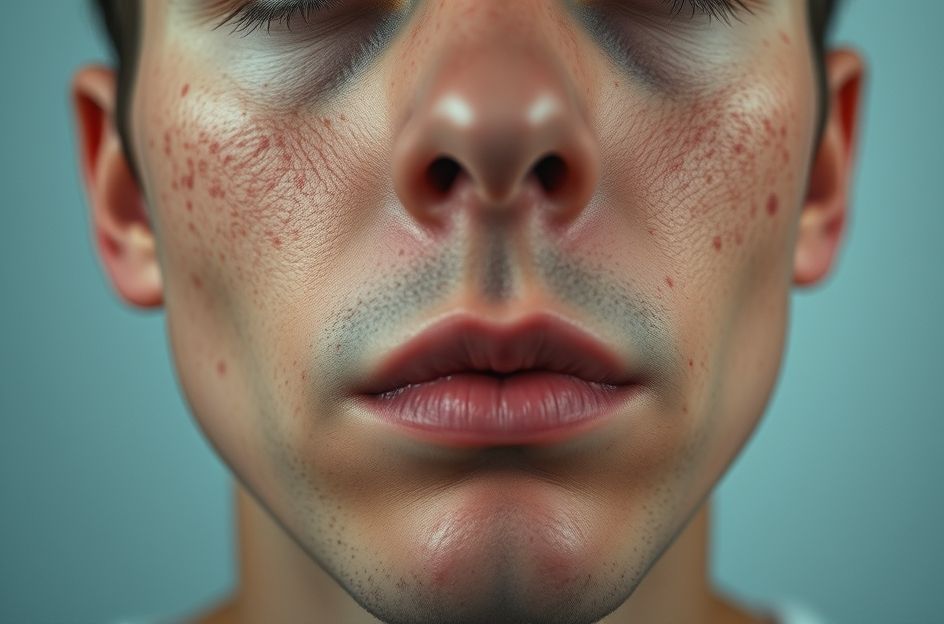Recent research suggests that long-term antibiotic use for acne treatment may increase the risk of common illnesses. A study observed a group of volunteers treated with antibiotics for acne for over six weeks. The results indicated that this group was more than twice as likely to develop an upper respiratory tract infection (URTI) within one year compared to acne patients who did not receive antibiotic treatment.
Experts caution that the overuse of antibiotics can lead to antibiotic resistance and a rise in infectious diseases. This study highlights the importance of understanding the long-term effects of antibiotic exposure, particularly in acne patients who often undergo extended antibiotic therapy. Acne patients represent a unique population for studying the consequences of prolonged antibiotic use.
Researchers from the University of Pennsylvania School of Medicine analyzed data from a UK medical database, identifying individuals aged 15 to 35 diagnosed with acne between 1987 and 2002. They compared the incidence of URTI in patients treated with antibiotics for acne with those who were not. The study revealed that within the first year of observation, 15.4% of acne patients experienced at least one URTI. Furthermore, the odds of developing a URTI were 2.15 times greater in those receiving antibiotic treatment compared to those who were not.
